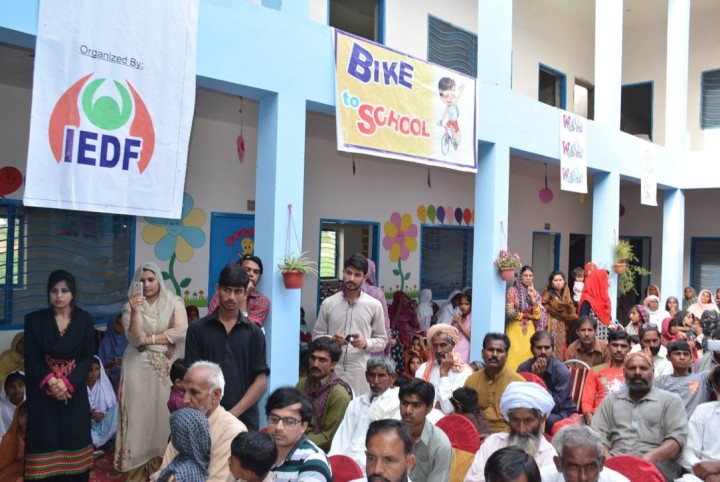As long ago as 2006, the government of the Indian state of Bihar introduced an innovative programme that aimed to improve school access and reduce the gender gap in secondary school enrollment by providing girls who continued to secondary school with a bicycle.
Over the years, using data from household surveys, researchers found that the bicycle programme was successful in increasing girls’ enrollment in schools and reduced the gender gap in enrollment. This increase in enrollment mostly took place in villages where the nearest secondary school was further away, suggesting that programme impact is driven by the reduced time and safety plus cost of school attendance made possible by ownership of a bicycle.
Also, that the bicycle programme was substantially more cost effective at increasing girls’ enrollment than comparable cash payments. This suggests that the programme results in additional positive outcomes beyond the cash value of any such programme, including improved safety for girls cycling to school in groups and changes in patriarchal social norms that proscribed female mobility outside the village.
There was a similar programme initiated recently in Lahore, Pakistan – scene of the terrible bomb blast in a park killing so many women and children that took place over this past Easter weekend. It is pleasing to be able to report more wholesome news from that same city.
Irshad Ahmad Mughal (Chairman, Iraj Education & Development Foundation, Pakistan,) was on hand at the launch ceremony for the programme and said to those gathered: “It was really an honour for the IEDF organisation to host her excellency Ms. Ina Lepel , German Ambassador, to inaugurate this project, “Bicycle to School”. I hope this project will empower girls to continue their high school education and parents will not make excuse that their girls don’t have conveyance to go to school. I think it might be better to give bicycles to girls rather than cash to go to school.”
Irshad added: “Surprising for me, parents are in favour of project (who are illiterate) and female teachers are against it (who are so called educated)… It shows barriers are not parents but teachers and educationalists who don’t want to increase their burden to teach and educate society.”










